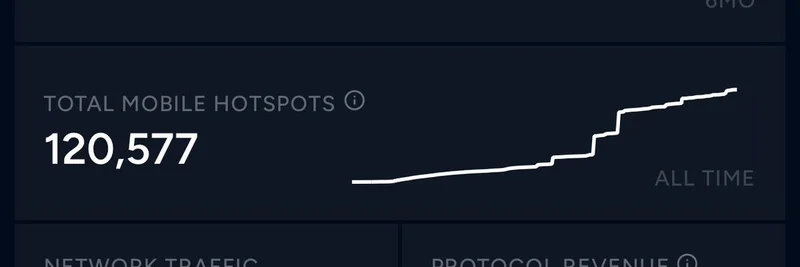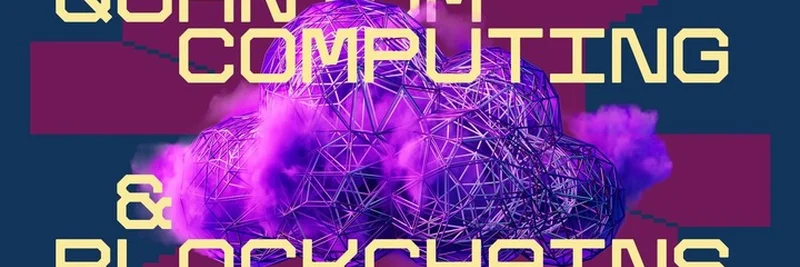In a recent tweet that's stirring up the crypto community, Jake Chervinsky, a prominent crypto lawyer and Chief Legal Officer at Variant Fund, highlighted a significant statement from the head of the DOJ's Criminal Division. The policy? No charges under Section 1960(b)(1)(C) for developers who don't hold custody or control over user assets. This comes right on the heels of Roman Storm's conviction on the very same charge, despite Tornado Cash being a prime example of decentralized software.
Chervinsky's post quotes Paul Grewal, Coinbase's Chief Legal Officer, who shared the DOJ's position: "Where 'software is truly decentralized and solely automates peer-to-peer transactions, and where a third-party does not have custody and control over user assets, new 1960(b)(1)(C) charges against the third-party will not be approved.'" Chervinsky then points out the glaring inconsistency, noting that Storm's case fits this description perfectly. His call? "Justice for Roman means dropping the case."
For those new to the jargon, Section 1960(b)(1)(C) is part of the U.S. money transmission laws, often used to crack down on unlicensed money services businesses. In crypto, it's been a tool to target developers of protocols like mixers, which enhance privacy by obfuscating transaction trails. Tornado Cash, the Ethereum-based mixer co-developed by Storm, allows users to break the link between sender and receiver addresses—handy for privacy but controversial due to potential misuse in laundering.
Storm's conviction has been a hot-button issue in the blockchain world. Prosecutors argued that Tornado Cash facilitated money laundering, even though the protocol runs autonomously via smart contracts without central control. Critics, including Chervinsky, see this as an overreach, punishing devs for writing code that others might misuse. Now, with the DOJ's apparent pivot, it raises questions: Will Storm's case be revisited? Could an appeal succeed?
Zooming out to the meme token ecosystem—our bread and butter here at Meme Insider—this development could be a game-changer. Meme tokens thrive on decentralized exchanges (DEXs) and smart contract platforms where creators deploy code and step back, letting the community take the wheel. Think of viral hits like Dogecoin or newer Solana-based memes; their devs often maintain no control post-launch to avoid regulatory pitfalls.
If the DOJ sticks to this non-custodial exemption, it might encourage more innovation in meme token tools, like privacy-focused launchpads or anonymous trading bots. However, it's not all sunshine. The policy emphasizes "truly decentralized" software, so projects with any hint of centralization—like governance tokens or retained admin keys—could still face scrutiny. Remember, Tornado Cash had a governance token, which some argue contributed to the legal woes.
Replies to Chervinsky's thread echo the sentiment. Grewal himself chimed in with a simple "💯," showing full agreement. Others called for clarity on front-end hosting, noting that even publishing a website for a DEX like Uniswap shouldn't trigger BSA (Bank Secrecy Act) obligations. One user quipped about avoiding "shitcoins" for mixers, hinting at how token launches can complicate things.
This isn't just legal nitpicking; it's about the future of open-source blockchain development. Meme tokens, often born from community hype and minimal viable products, rely on devs feeling safe to experiment. A clearer regulatory line could boost the sector, reducing the chill effect from cases like Storm's.
As we keep tabs on this at Meme Insider, it's worth watching for any official DOJ memos or updates on Storm's sentencing. In the meantime, if you're building in the meme space, prioritize true decentralization—it's not just good practice; it might be your legal shield. For more on how regs shape meme tokens, check out our knowledge base on blockchain privacy tools.


